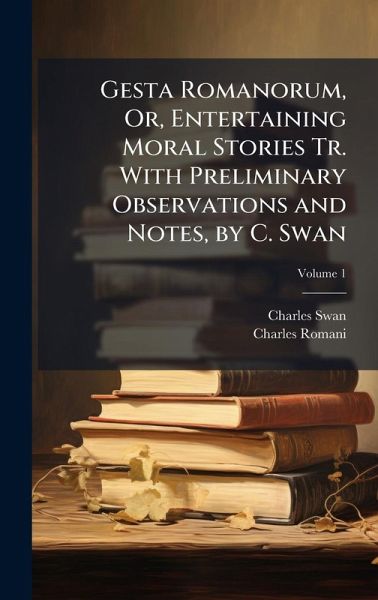
Gesta Romanorum, Or, Entertaining Moral Stories Tr. With Preliminary Observations and Notes, by C. Swan
Versandkostenfrei!
Versandfertig in über 4 Wochen
37,99 €
inkl. MwSt.
Weitere Ausgaben:

PAYBACK Punkte
19 °P sammeln!
Gesta Romanorum, translated with preliminary observations and notes by Charles Swan, is a collection of entertaining moral stories compiled in Latin, likely around the late 13th or early 14th century. Volume 1 presents a selection of these tales, which blend historical, legendary, and religious elements to impart moral lessons. These stories, drawn from diverse sources, including classical literature and folklore, offer insights into the medieval worldview and its values. Swan's translation makes these narratives accessible to a wider audience, preserving the charm and instructive nature of th...
Gesta Romanorum, translated with preliminary observations and notes by Charles Swan, is a collection of entertaining moral stories compiled in Latin, likely around the late 13th or early 14th century. Volume 1 presents a selection of these tales, which blend historical, legendary, and religious elements to impart moral lessons. These stories, drawn from diverse sources, including classical literature and folklore, offer insights into the medieval worldview and its values. Swan's translation makes these narratives accessible to a wider audience, preserving the charm and instructive nature of the original work. The 'Gesta Romanorum' served as a popular source of material for later writers, influencing works by authors such as Chaucer and Shakespeare. This edition provides valuable context and annotations, enhancing the reader's understanding of the stories and their historical significance. It remains an important resource for scholars and anyone interested in medieval literature and the history of storytelling. This work has been selected by scholars as being culturally important, and is part of the knowledge base of civilization as we know it. This work was reproduced from the original artifact, and remains as true to the original work as possible. Therefore, you will see the original copyright references, library stamps (as most of these works have been housed in our most important libraries around the world), and other notations in the work. This work is in the public domain in the United States of America, and possibly other nations. Within the United States, you may freely copy and distribute this work, as no entity (individual or corporate) has a copyright on the body of the work. As a reproduction of a historical artifact, this work may contain missing or blurred pages, poor pictures, errant marks, etc. Scholars believe, and we concur, that this work is important enough to be preserved, reproduced, and made generally available to the public. We appreciate your support of the preservation process, and thank you for being an important part of keeping this knowledge alive and relevant.



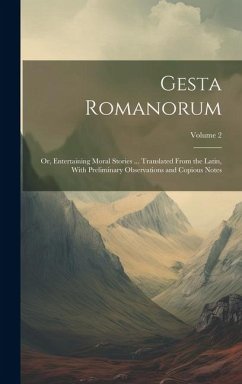
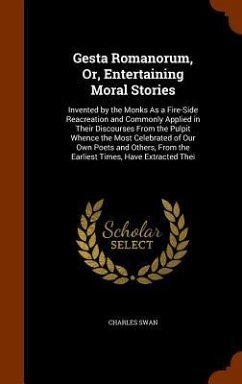
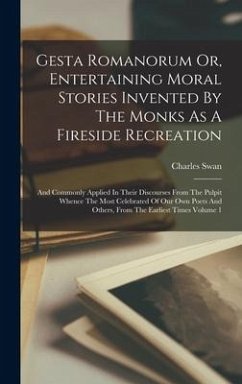




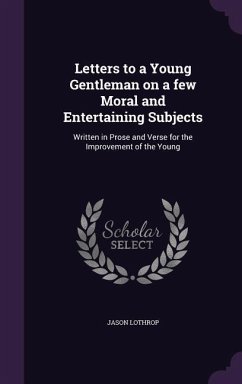

![The Betrothed Lovers, Tr. [By C. Swan] Cover The Betrothed Lovers, Tr. [By C. Swan]](https://bilder.buecher.de/produkte/68/68591/68591891n.jpg)